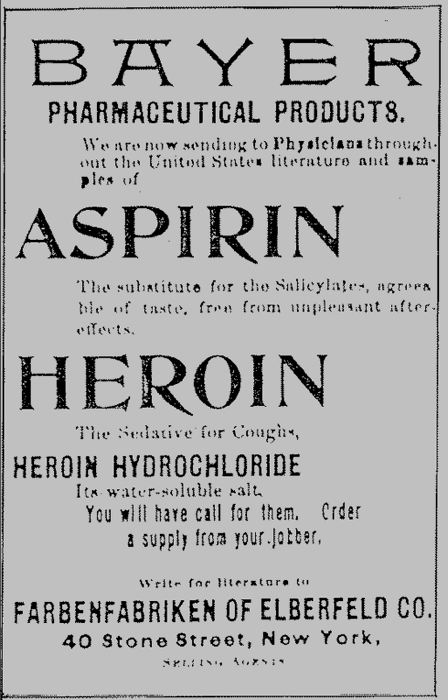Mrs. B
Contributor
This is patently wrong. The brain cannot burn fat; it can only burn carbs. That's Biochem 101.
No, that is not really true. You need to get back to us on that.
Substrates of Cerebral Metabolism - Basic Neurochemistry - NCBI Bookshelf
Uses in the heart, brain and muscle (but not the liver)
Ketone bodies can be used as fuels, yielding 2 GTP and 22 ATP molecules per acetoacetate molecule when oxidized in the mitochondria. Ketone bodies are transported from the liver to other tissues, where acetoacetate and beta-hydroxybutyrate can be reconverted to acetyl-CoA to produce reducing equivalents (NADH and FADH2), via the citric acid cycle. Ketone bodies cannot be used as fuel by the liver, because the liver lacks the enzyme β-ketoacyl-CoA transferase, also called thiophorase. Acetone in low concentrations is taken up by the liver and undergoes detoxification through the methylglyoxal pathway which ends with lactate. Acetone in high concentrations due to prolonged fasting or a ketogenic diet is absorbed by cells other than those in the liver and enters a different pathway via 1,2-propanediol. Though the pathway follows a different series of steps requiring ATP, 1,2-propanediol can be turned into pyruvate.[8]
The heart preferentially utilizes fatty acids as fuel under normal physiologic conditions. However, under ketotic conditions, the heart can effectively utilize ketone bodies for this purpose.[9]
The brain gets a portion of its fuel requirements from ketone bodies when glucose is less available than normal (e.g., during fasting, strenuous exercise, low carbohydrate, ketogenic diet and in neonates). In the event of a low glucose concentration in the blood, most other tissues have alternative fuel sources besides ketone bodies and glucose (such as fatty acids), but the brain has an obligatory requirement for some glucose.[10] After the diet has been changed to lower blood glucose utilization for 3 days, the brain gets 25% of its energy from ketone bodies.[11] After about 4 days, this goes up to 70%[12] (during the initial stages the brain does not burn ketones, since they are an important substrate for lipid synthesis in the brain). Furthermore, ketones produced from omega-3 fatty acids may reduce cognitive deterioration in old age.[13]




